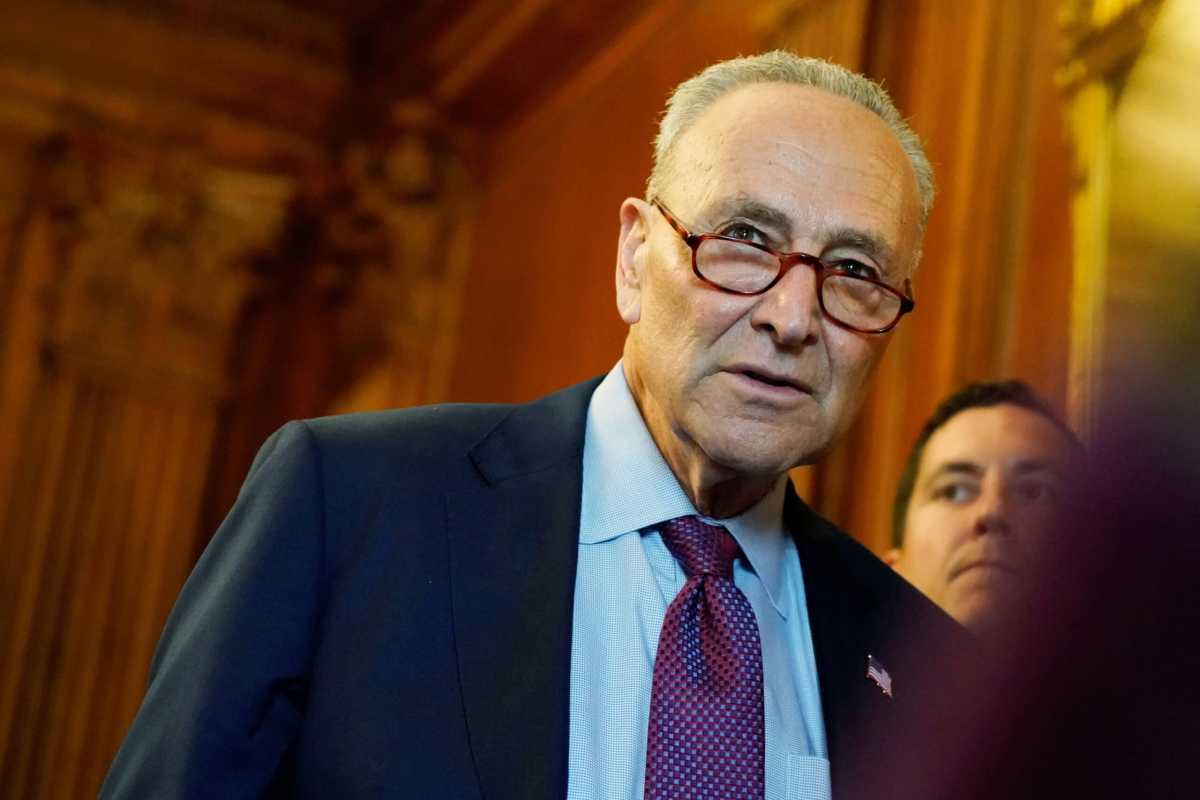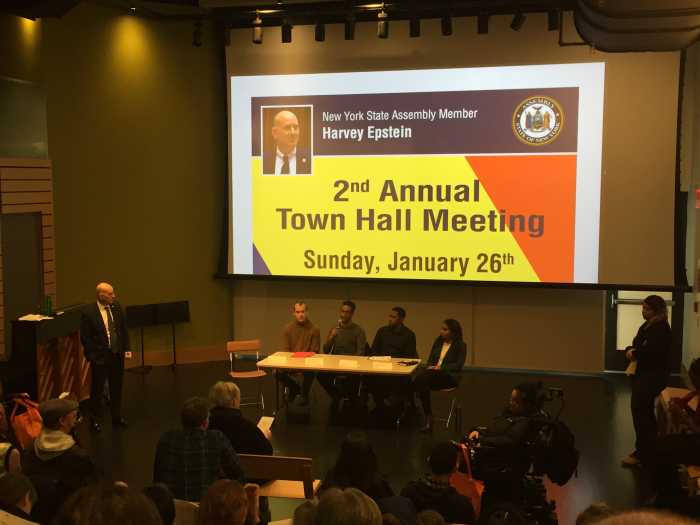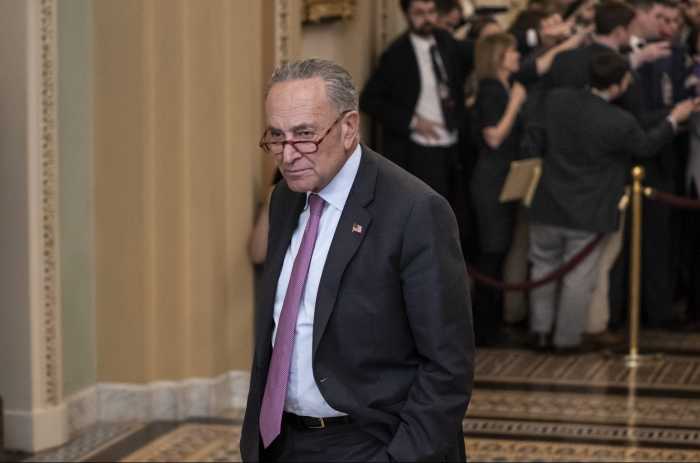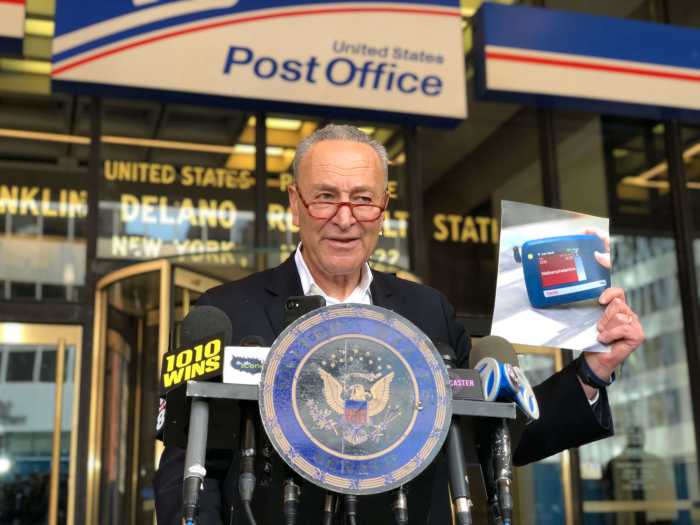WASHINGTON (Reuters) – President Joe Biden’s fellow Democrats will seek to head off both a government shutdown and a potentially economically crippling U.S. credit default on Tuesday while also trying to agree on a mammoth tax and spending package for his ambitious social policy agenda.
Senate Democrats had hoped to avoid a partial government shutdown and to suspend the federal debt ceiling with a single vote. But they were blocked on Monday by Republicans, who have offered broad opposition to Democratic legislative priorities and said the two matters should be dealt with separately.
The Democrats hold slim majorities in the Senate and House of Representatives.
Senate Majority Leader Chuck Schumer said more votes are likely, but did not specify what course he would take.
Lawmakers have just three days to avert a possible government shutdown by midnight Thursday, the end of the current fiscal year. Failure to do so could results in furloughs for hundreds of thousands of federal workers in the middle of a public health crisis.
Congressional Democrats also will seek a way to raise the government’s $28.4 trillion borrowing cap before the Treasury Department runs out of techniques to service the nation’s debt, sometime in the second half of October. Republicans have said they will not help.
Fiscal brinkmanship has become a regular feature of U.S. politics over the past decade thanks to ongoing partisan polarization.
The most recent government shutdown, occurring during the presidency of Biden’s Republican predecessor Donald Trump, lasted 35 days before ending in January 2019.
“This isn’t your typical Washington fracas,” Schumer said on the Senate floor after Monday’s vote. “It has far more severe consequences than the typical political catfight.”
Democrats point out that much of the nation’s new debt was incurred during Trump’s administration.
A government shutdown or a default would be a setback for the Democrats, who have portrayed themselves as the party of responsible government after Trump’s chaotic presidency.
Democrats are also struggling to unite behind two pillars of Biden’s domestic policy agenda – a $1 trillion infrastructure bill and a $3.5 trillion social spending package.
Democrats originally planned to handle both bills in tandem. But at a party caucus meeting on Monday, House Speaker Nancy Pelosi said her chamber would vote on the infrastructure bill on Thursday even though lawmakers are still negotiating the social spending bill including its total cost.
“We just have to make difficult choices,” Pelosi said, according to a source familiar with her comments who spoke on condition of anonymity.
Centrist Democrats have balked at the scale of the social spending package. The White House and top lawmakers may narrow some benefits to bring the price tag down, sources say, but they have yet to settle on a figure.
Lawmakers on the party’s left have threatened to torpedo the infrastructure bill. They have expressed concern that the plan to expand health and education benefits and fight climate change could fall by the wayside if Congress prioritizes spending on highways, broadband and other infrastructure.
(Reporting by Richard Cowan, David Morgan and Susan Cornwell; Editing by Will Dunham)
































